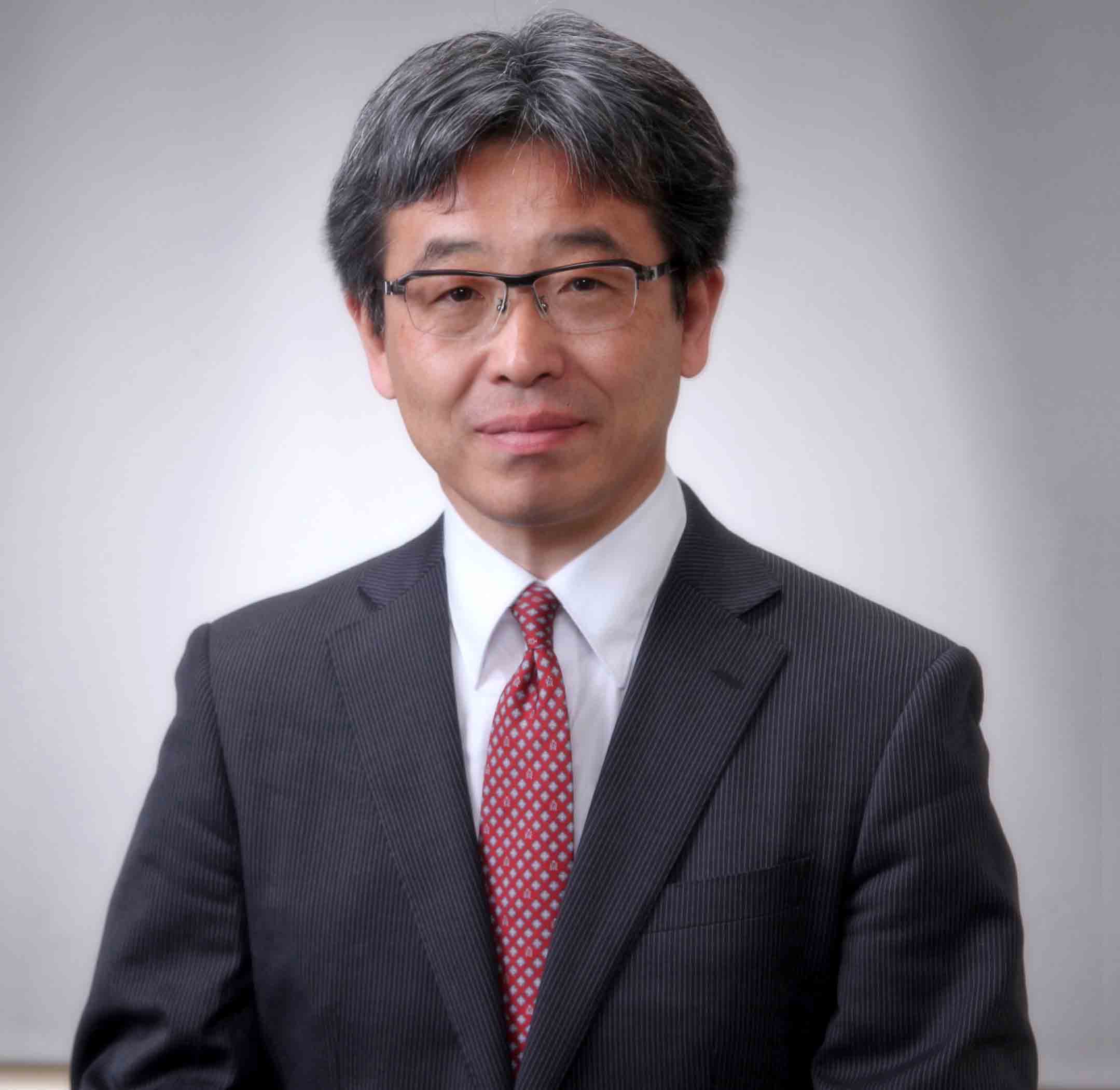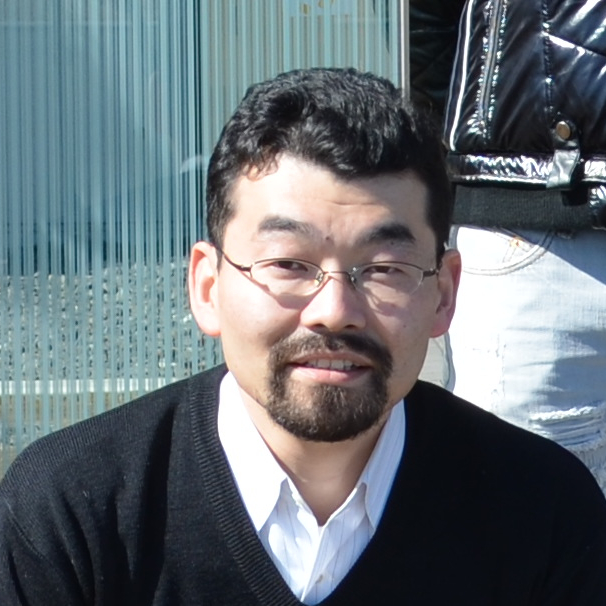Plenary Speaker
Prof. Deli Chen
Professor of Soil Science, The University of Melbourne, AustraliaSpeech Title: Pursuing sustainable nitrogen management through multi-disciplinary research
Abstract: More than half of the global population is nourished by crops grown with synthetic nitrogen (N) fertilizers, while about half of the applied N is lost to the environment, causing air and water pollution, climate change, human heath damage and biodiversity loss. Food demand will continue to increase in the next 25 years under growing pressure of population increase and diet change (more animal protein). Consequently, more N will be required boost crop yield. In Australia, the N fertiliser is the largest input cost for the farmers, $2.5-3.0bn p.a., responsible for ~5% of total greenhouse gas (GHG) emissions and contaminates waterways, such as the Great Barrier Reef.
The global and Australian challenge of achieving food security with minimal ecosystem degradation and human health impacts hinges on sustainable N management, which goes beyond farm level and requires concerted efforts from a range of disciplinaries. Our interdisciplinary research places Australia at the forefront of global N management research, which includes (i) identifying and quantifying pathways of N losses and improving efficiencies of N fertilisers; (ii) agroecosystem modelling and decision support systems for optimal irrigation and fertiliser management; (iii) measuring, modelling and mitigating GHG emissions from land sources; (iv) developing new methodology and materials to mitigate NH3 loss from intensive feedlots; and (v) developing N index/credit system and societal cost and benefit of N use in agriculture.
Biography: Professor Deli Chen is an eminent soil scientist and internationally recognised authority on the efficiency of nitrogen fertiliser use and its impact on global food security, the environment and climate change. His novel techniques to measure soil nitrogen transformations have led to increased crop productivity while minimising environmental damage. He has developed high efficiency nitrogen fertilisers, and formulated strategies to mitigate greenhouse gas emissions from crop and livestock systems. These achievements have transformed agro-environmental sciences and his innovations on nitrogen and agricultural land management have been taken up by industry and governments, both Australian and overseas. Professor Deli Chen has supervised 25 PhD students and 18 post docs, and has been recognised by UM as a Redmond Barry Distinguished Professor for his outstanding capacity in leading and managing large research initiatives both nationally and internationally. His research on N management in agroecosystems has been recognised in high impact journals such as Nature, Nature Communications, Nature Food, PNAS and Global Environmental. Over the last 23 years the reputation of his research group, and close collaboration with both Australian and international colleagues, has resulted in the award of national and international competitive research funding totalling over A$50 million.
Prof. Hisayoshi Hayashi
Professor of Biosphere Resource Science and Technology Program, Faculty of Life and Environmental Sciences, University of Tsukuba, Tsukuba, JapanSpeech Title: Collaborative Agricultural Research to Overcome Conflicting Global Issues in the 21st Century
Abstract: In the 20th century, human beings made great progress by modernizing agriculture and reducing food shortages. We had high expectations of a wonderful life in the 21st century. However, almost a quarter of a century has passed since the start of the 21st century, and various challenges have become increasingly severe. Thus, the European Union, USA, numerous other countries and supra-national organizations have developed strategies to preserve or enhance the environment and human health recently. In Japan, a new strategy to achieve Sustainable Development Goals and develop sustainable food systems, called MeaDRI (Measures for achievement of Decarbonization and Resilience with Innovation), was formulated in 2021. Japan is located in a region of Asia with conditions (including high temperatures and humidity) that promote outbreaks of diverse pests and diseases. Thus, successful establishment of efficient agricultural production systems with less environmental impact here would contribute to sustainable development not only in Japan, but also in other Asian countries and globally. The MeaDRI goals for 2050 are to reduce CO2 emissions from agriculture, forestry, and fisheries to zero, reduce use of chemical pesticides by 50%, reduce the use of chemical fertilizers by 30%, and increase the area devoted to organic farming to 1 million ha, ca. 25% of the total agricultural area. It is believed that thorough elucidation and utilization of soil microbial functions will be essential for achieving these goals. In this presentation, I will introduce the background to the development of MeaDRI and its contents, as well as the studies I have conducted related to this strategy. I will also introduce the post-Koch ecological research that started in 2019 to elucidate the functions of soil microorganisms.
Biography: Dr. Hisayoshi Hayashi graduated from the University of Tsukuba in 1980. After working as an extension officer for a year in Nagano Prefecture he moved to Chushin Agricultural Experiment Station (CAES), where he was a member of the station’s department of field crop cultivation for six years. He then moved to the University of Tsukuba, where he is a professor and head of the Crop Science laboratories, now. He is the president of Japanese Society of Farm Work Research, too. His research focuses on the development and evaluation of sustainable, environmentally friendly production systems for both major crops and regional specialty crops. The effects of farm work on the human mind is one of his important research objectives, too.
Prof. Mikihisa Umehara
Department of Applied Biosciences, Graduate School of Life Sciences, Toyo University, JapanSpeech Title: Physiological roles of long-distance messengers in plants under nitrogen, phosphorus, and sulfur deficiency
Abstract: Plants need to adapt to environmental stress such as drought, high salinity, high or low temperature, and nutrient deficiency because they cannot move after being rooted in place. Among the environmental stresses, areas of nutrient deficient soil are increasing due to the recent climate changes. In general, plants require 17 essential elements for healthy growth and development. In particular, nitrogen, phosphorus, and sulfur are macro-elements required for biosynthesis of primary and secondary organic metabolites, such as proteins and nucleic acids, and for maintenance of photosynthetic activity. Under nitrogen, phosphorus, or sulfur deficiency, plant growth is suppressed, resulting in the reduction of crop yield. In agricultural and plant science, it is important to understand how plants adapt to their environment in response to inorganic nutrient deficiency. The mechanism by which the amount of inorganic nutrients is recognized is complicated. Plants can accurately perceive the nutrient levels in soil and use this information to change their architecture and expression of nutrient transporters and to enhance plant–microbe interaction in the rhizosphere through shoot-to-root or root-to-shoot transportable signals. In my talk, I would like to discuss the roles of plant hormones (auxins, cytokinins, and strigolactones) as long-distance messengers in the pathways that are involved in nitrogen, phosphorus, and sulfur uptake and sensing.
Biography: Mikihisa UMEHARA is a Professor of Department of Applied Biosciences and Graduate School of Life Sciences, Toyo University, Japan. His major is plant physiology and plant biotechnology. He graduated from the University of Tsukuba in 1997, finished a doctor’s course at the Graduate School of Biological Sciences, the University of Tsukuba in 2004, and obtained Ph.D. in Science. He worked on onion breeding in Department of Biotechnology, Fukuoka Agricultural Research Center from 2004 to 2007. He joined RIKEN Plant Science Center as a special postdoctoral researcher in 2007 and worked on a class of plant hormones, strigolactones. In 2011, he moved to Toyo University as a associate professor, and became a full professor in 2015.
Prof. Bhumi Nath Tripathi
Department of Biotechnology; Dean, Faculty of Earth Sciences, Indira Gandhi National Tribal University, Amarkantak, 484887, Madhya Pradesh, IndiaSpeech Title: Understanding Aluminium Resistance for Enhanced Crop Production on Acidic Soil
Abstract: Wheat is one of the most important staple cereal crops that cultivates worldwide due to its highly nutritious value and versatility in adaption to a wide range of agro climatic conditions. Increasing wheat production without agricultural expansion requires increase in wheat production on existing agricultural lands. But most wheat growing regions experience several soils constrains including soil acidity which has become a major problem for crop production. Acid soils cover 30-40 % of total world arable soil and further being acidified due to excessive use of ammonium containing fertilizers and acid rain. In acidic soil, aluminum (Al) toxicity has been considered as the major limiting factor for plant growth. The present study demonstrates an antioxidant defense system against Al- induced oxidative damage and a role of external malate detoxification in providing Al-resistance in an Al resistant genotype of wheat, Raj 3077. Al dependent growth inhibition was higher in Raj 4120 (Al-sensitive) in comparison to Raj 3077. Oxidative damage indicators such as lipid peroxidation and H2O2 content were measured in the roots of both genotypes. However, these parameters were higher in the shoots of Raj 4120 indicating presence of oxidative stress in there. Antioxidant enzymes such as SOD (EC 1.15.1.9), CAT (EC 1.11.1.6) and APX (EC 1.11.1.11) played important roles in providing resistance to the Raj 3077 against Al-induced oxidative stress. Inefficient activation of the antioxidant enzymes in the roots of Raj 4120 suggested that a severe oxidative damage was occurred in root and a higher amount of translocated toxic Al ions to shoot consequently caused Al stress there. Interestingly, a higher CAT activity was found higher in the shoot of Raj 4120 than Raj 3077, but it seemed not to be enough to combat with Al-induced reactive oxygen species. Raj 3077 showed higher malate efflux and higher ALMT gene expression than Raj 4120. Further, root length of Raj 3077 seedlings was particularly affected in the presence of anion channel inhibitor, niflumic acid suggested that malate detoxification is required for providing Al-resistance in Raj 3077 in the root region. Thus, both Al induced antioxidant defensive and external malate detoxification systems provide strength to combat with Al toxicity in Raj 3077.
Biography: Bhumi Nath Tripathi, PhD from Banaras Hindu University, India, works as Professor and Head, Department of Biotechnology and as Dean, Faculty of Earth Sciences at Indira Gandhi National Tribal University (A Central University), Amarkantak, India. The research works of Professor Tripathi is focused on Redox Homeostasis in Plants during Stress Conditions and also Molecular Biology of Abiotic Stress Responses in Plants. He has also worked at Bielefeld University, Germany, Okayama University, Japan, University of Leeds, UK and Korea Atomic Energy Research Institute, South Korea. Professor Tripathi has published more than 50 good quality research papers in journals of International repute and also written four books on Stress Metabolism, Biotechnology, Molecular Biology and Algal Biotechnology. He is recipient several awards and academic fellowships and several research grants.




